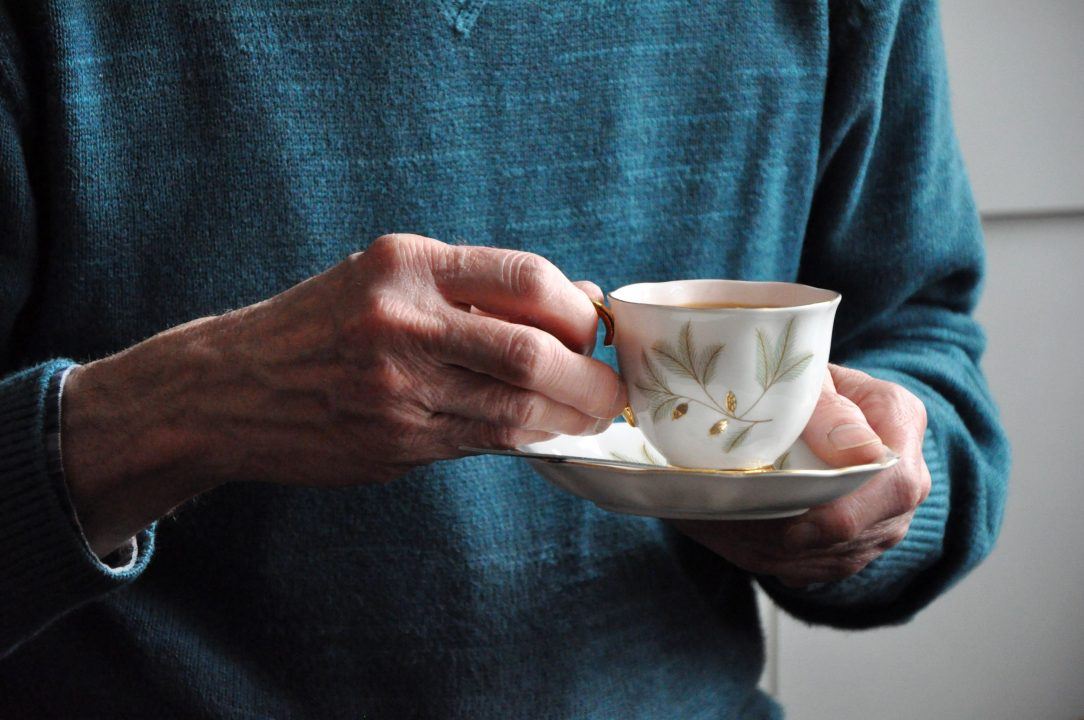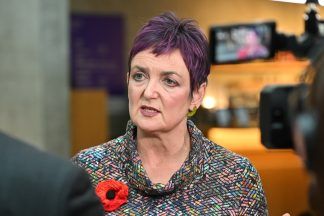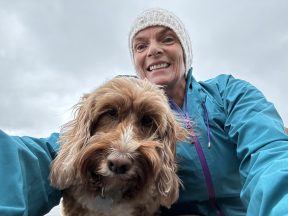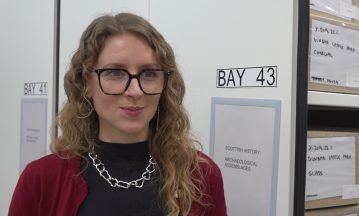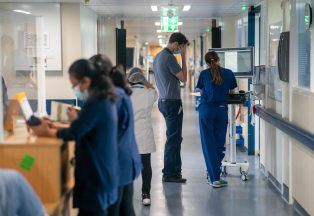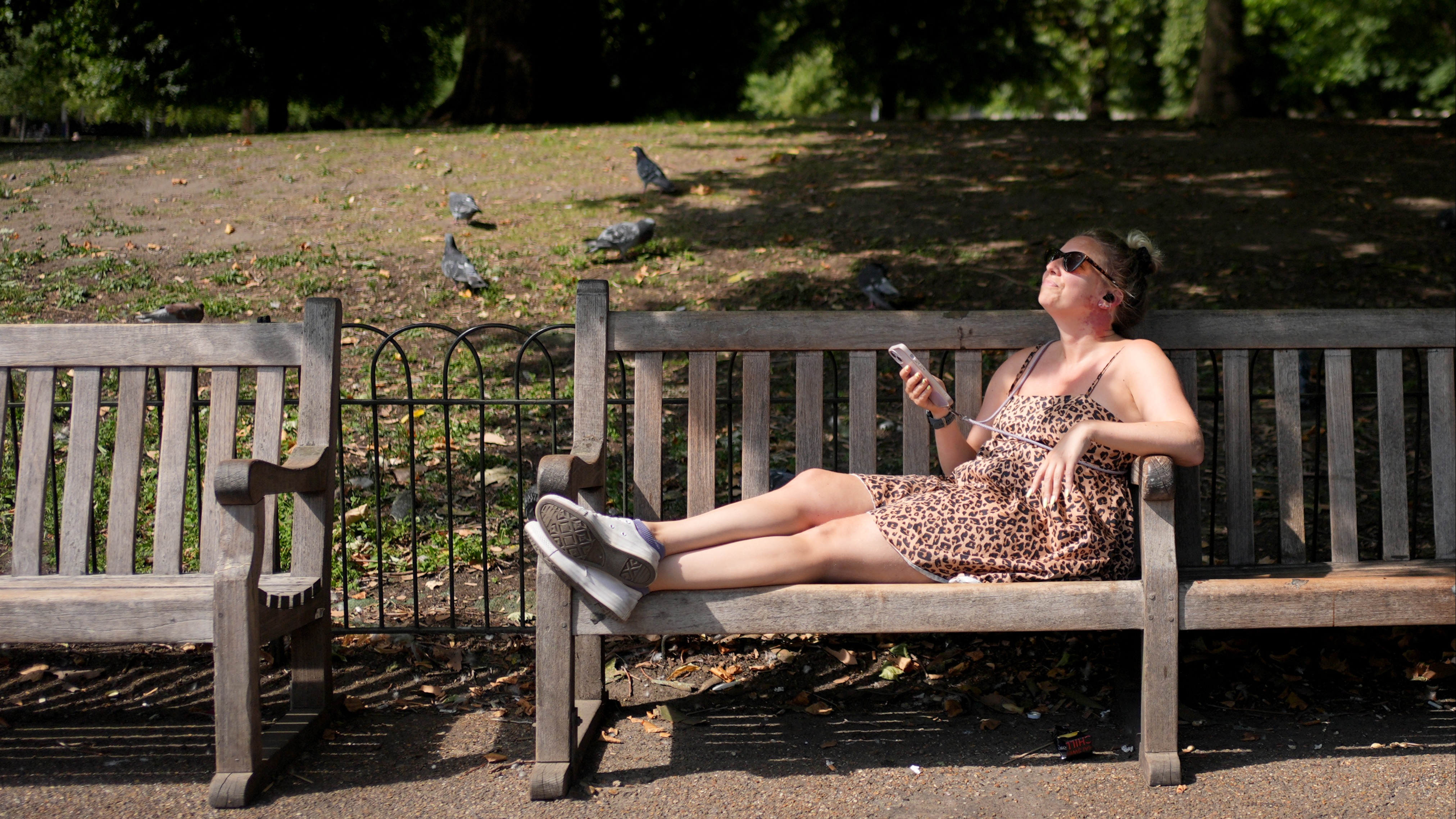A new campaign challenging Scots to “think differently about dementia” has been launched by Health Secretary Neil Gray.
The initiative, from the Scottish Government and council organisation Cosla, comes as reserach suggested continuing with everyday activities can help those diagnosed with condition stay well for longer.
Dementia affects an estimated 90,000 people in Scotland, with the sufferers experiencing cognitive decline which can impact their memory, language and thinking abilities.
However the Rethink Dementia campiagn urges people “think differently” about a dementia diagnosis, with Mr Gray saying there are “many practical steps” that can help people “stay well for longer”.
He launched the campaign the day figures showed that Alzheimer’s disease and other forms of dementia caused a total of 6,491 deaths in Scotland in 2023 – with this total up by 3% on the previous year.
The Health Secretary said when a friend or relative is diganosed with the condition, it is “natural not to know what to do”, adding it can be an “upsetting and daunting time” for loved ones.
But he stated: “It’s important for all of us to play a supportive role in helping our friends and family.
“One of the key elements in the Rethink Dementia campaign is asking us to think differently about a dementia diagnosis.
“There are many practical steps we can take to help the people closest to us to lead fulfilling lives and stay well for longer.”
Paul Kelly, Cosla health and social care spokesperson, meanwhile said: “This new campaign is a clear call to us all to think differently about dementia and those with a diagnosis.
“It highlights very clearly the simple ways that we can support people with dementia to stay connected to their local communities.”
Dr Tom Russ, an NHS consultant old age psychiatrist and researcher at the University of Edinburgh, stressed the important of helping those diagnosed with the condition to keep active.
He said: “Over the past 20 years I’ve engaged with hundreds of people who have been diagnosed with dementia, and often they will withdraw from social activities, which can have a negative impact on their overall wellbeing.
“For anyone with friends or relatives who have been diagnosed with dementia, it’s vital to stay in touch to help them maintain their usual social activities, or even try something new together.”
Follow STV News on WhatsApp
Scan the QR code on your mobile device for all the latest news from around the country


